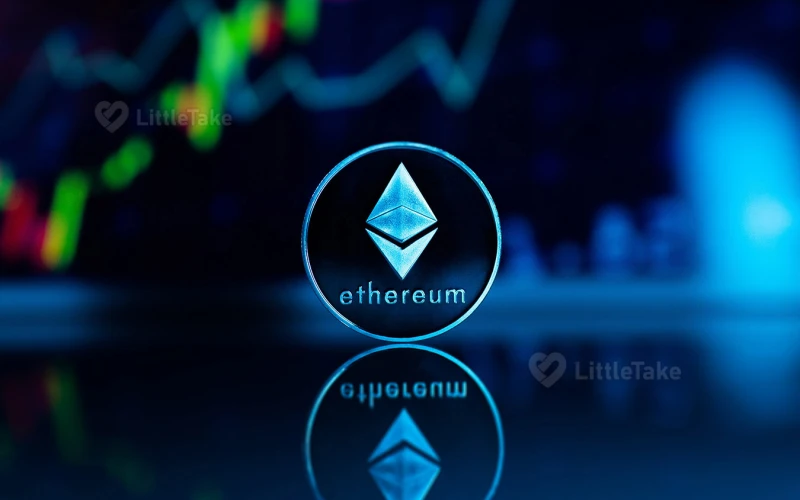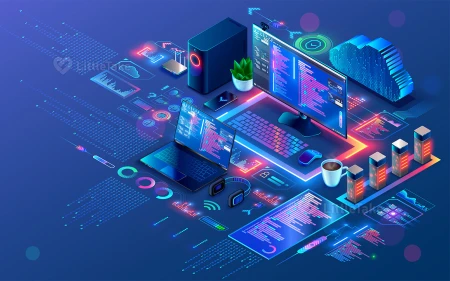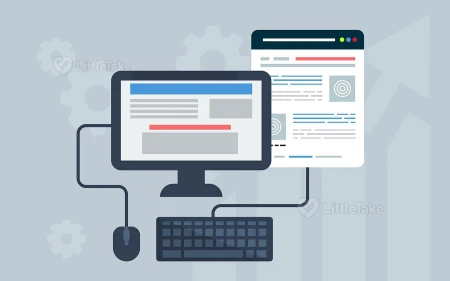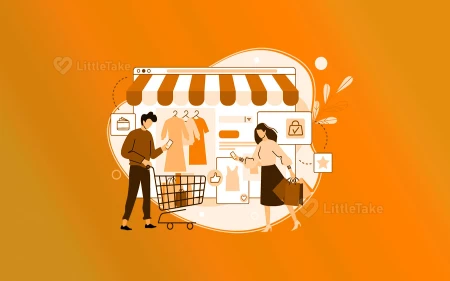
The e-commerce industry has seen significant growth over the years, and with the emergence of Web3, it is set to undergo a major transformation. In this guide, we'll take a deep dive into Web3's impact on e-commerce and what you need to know.
What is Web3?
Web3, also known as the decentralized web, is the next evolution of the internet. It is a decentralized network that is not controlled by any single entity, and it operates on blockchain technology.
How will Web3 impact e-commerce?
Web3 is set to revolutionize e-commerce in several ways:
- Decentralization: Web3's decentralized nature eliminates the need for intermediaries, such as payment processors and marketplaces, which can result in lower fees and greater transparency.
- Privacy: Web3's focus on privacy ensures that user data is protected, and consumers can shop online without the fear of their data being collected and sold to third parties.
- Transparency: Web3's transparent nature enables greater visibility into the supply chain, allowing consumers to trace products back to their source.
- Trust: Web3's trustless nature enables secure and verifiable transactions, reducing the risk of fraud and chargebacks.
- New Business Models: Web3's technology enables new business models, such as decentralized marketplaces and peer-to-peer commerce, which can provide more opportunities for small businesses and entrepreneurs.
Examples of Web3 in e-commerce
There are already several examples of Web3 being used in e-commerce:
- Decentralized Marketplaces: Decentralized marketplaces, such as OpenSea and Rarible, use Web3 technology to enable the creation and trading of NFTs and other digital assets.
- Blockchain-based Payment Systems: Companies like BitPay and Coinbase Commerce use blockchain technology to enable secure and fast payment processing.
- Supply Chain Management: Companies like Provenance and VeChain use blockchain technology to enable greater transparency and accountability in the supply chain.
- Decentralized Identity: Companies like Civic and uPort use Web3 technology to enable users to control their own identities and data.
Conclusion
Web3 is set to revolutionize the e-commerce industry by enabling greater decentralization, privacy, transparency, trust, and new business models. As more companies adopt Web3 technology, we can expect to see significant changes in the way we shop and conduct business online.


















